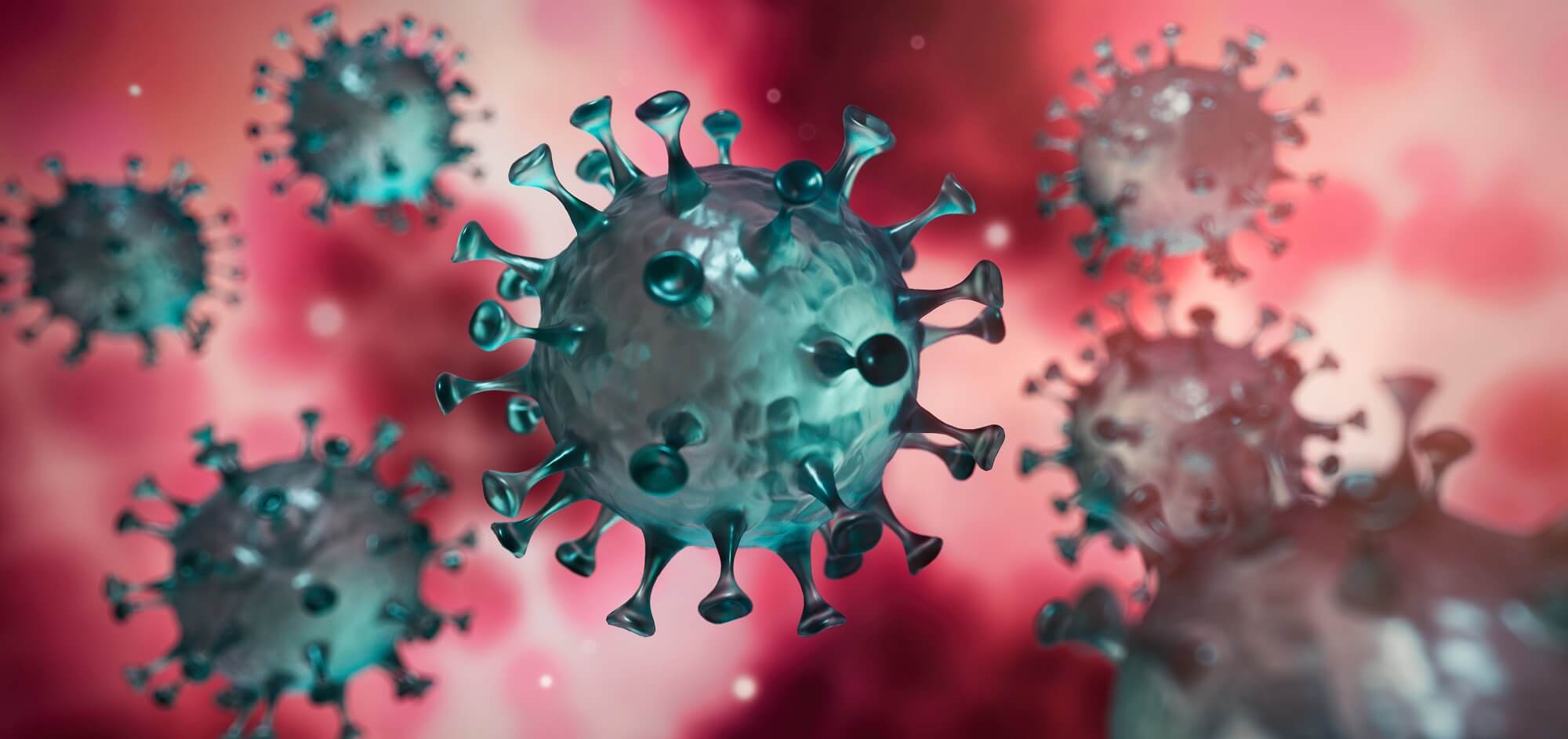To access the Herald’s local coronavirus/COVID-19 coverage, click here.
COURT HOUSE – In mid-January, a woman in her 60s returned to her home, in Illinois, from a trip to Wuhan, China. Within a week, she was hospitalized with pneumonia.
Her husband, who didn’t travel with her, was admitted eight days later. They both tested positive for COVID-19.
Lancet, a medical journal, reported this case as one of the first instances of secondary transmission of the SAR-CoV-2 virus in the U.S.
Illinois Health officials acted immediately to trace all contacts the couple may have had since the woman’s return from China; 372 contacts were identified.
Of those, 347 began a protocol of active symptom monitoring, including 152 members of the patients’ family and others in the community. In addition, 195 medical personnel and staff were contacted; 43 individuals were under investigation, but all tested negative.
Contact tracing worked to identify, isolate, and contain the possible spread of the virus. It is a technique with a long history as a disease control measure used by health officials for the containment of infectious diseases.
In recent months, in New Jersey, contact tracing, with regard to COVID-19, stalled half the time. Public resistance to providing information to contact tracers has reached serious levels.
As of Aug. 27, state data shows that when contact tracers attempt follow-up with an individual who tested positive, they meet resistance more often than they find cooperation.
Almost one in five individuals (19%) contacted by health department tracers refuse to take the call. Of those that do, 52% refuse to supply information about contacts they may have had while infected.
On several occasions, the Cape May County Health Department urged residents and visitors to cooperate with contact tracers. Supported by 15 in-house, trained contact tracers, along with additional staff from Rutgers University, the county has the manpower it needs.
County health officials Aug. 5 pointed to a “lack of cooperation and follow-up on cases.”
County Health Officer Kevin Thomas June 17 underscored the importance of contact tracing as a way to “pinpoint a source and anyone who has possibly been exposed.”
In South Jersey, Burlington County saw an uptick in its COVID-19 cases. Health officials there complain that resistance is growing, even among older adults who “don’t want to be bothered” or refuse to allow teenage children to be interviewed.
In Rockland County, New York, officials, in some instances, resorted to the use of subpoenas to compel cooperation after several parties involving large gatherings of individuals did not observe health protocols.
During contact tracing, trained professionals, usually individuals from the community in which they are working, begin an investigation within 24 hours of notification of a positive test. Individuals are asked to supply information on others they may have been in close contact with while infected.
The purpose of subsequent follow-up with those contacts is to warn them of their potential exposure “as rapidly and sensitively as possible.” The ultimate goal is containment.
In June, Cape May County health officials detected a “super spreader,” an individual whose many contacts increased the ability of the virus to spread rapidly. Contact tracing helped identify the individual and their contacts, ultimately reducing the spread of the virus.
Several factors led to resistance in contact tracing. Some individuals, especially younger individuals, don’t want to divulge the names of people they have been socializing with. It is a privacy concern tied with fear of potential embarrassment or even social reprisal from within their circles.
In today’s highly charged political environment, complying with contact tracers is sometimes viewed as aiding and abetting policies for handling the COVID-19 crisis, with which one does not agree or sees as politically motivated.
Immigrant groups are also fearful that cooperation with tracers will lead to immigration raids. The disproportionate share of all cases borne by Latino populations may have some roots in the political debates surrounding immigration issues.
Lower levels of public trust may also be factors. Contact tracing has not always had a stellar history.
During events like the 1960s efforts to halt the spread of syphilis or the more recent 1980s drive to stop the spread of AIDS, several highly publicized instances occurred where promised confidentiality was not maintained.
In some instances, particularly with respect to the gay community and AIDS, some disclosures were not inadvertent.
While few may actively remember these instances from the past, the public trust of government is, once again, an issue. Confidentiality promises may not be accepted at full value by everyone.
New Jersey paid the price to significantly increase its capacity for testing and contact tracing. Officials argue that these techniques are what protect residents from new outbreaks and a resumption of more draconian responses like lockdowns and similar restrictions.
Johns Hopkins Bloomberg School of Public Health has developed a free online training program for contact tracers.
Contact tracing is not the same as “digital alerting” apps. Consumer apps should not be compared to professional contact tracing.
As flu season approaches, where some health officials predict a possible “twindemic” (flu and coronavirus pandemics occurring at the same time), cooperating with contact tracers may become even more critical.
To contact Vince Conti, email vconti@cmcherald.com.








